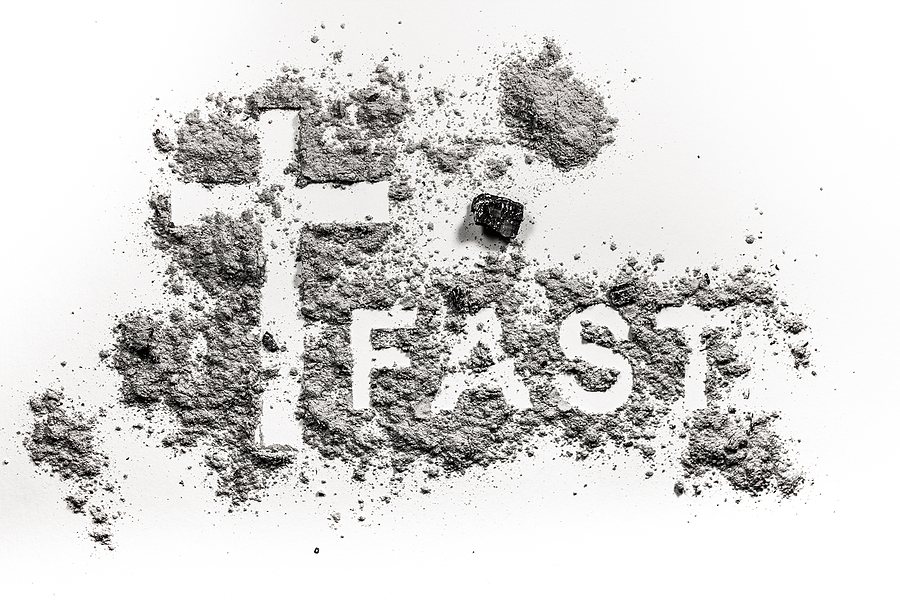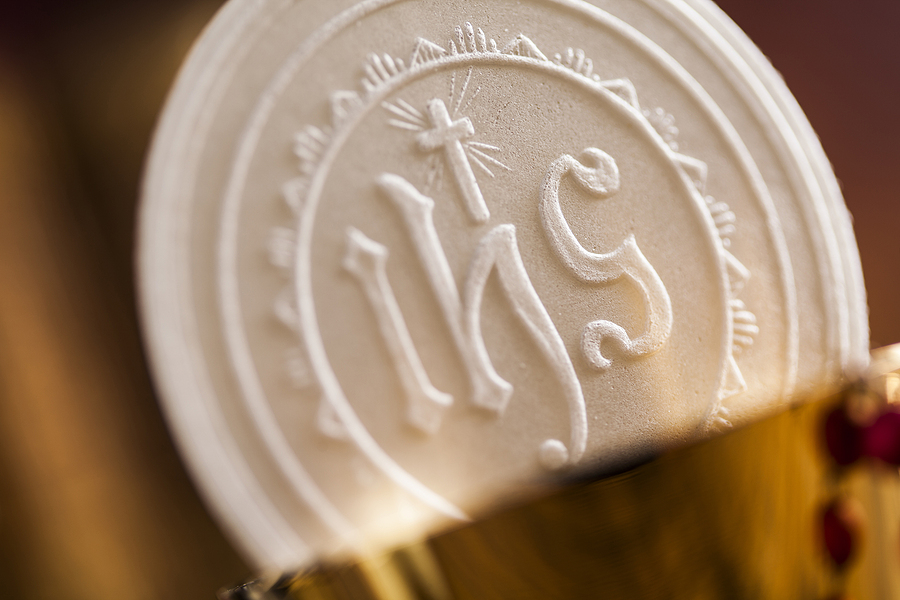
Fasting: Why do it?
We are body, spirit, and soul, we humans. For many of us, however, any concept of our spirit or soul is either whimsy or irrelevant. In this postchristian culture, we have confidence only in our bodies. Spirit and soul have been eclipsed by the pure physicality of our material forms. To some of the most physical of us, the athletes, fasting became a way of life in the late nineties and spread. Over time, it has caught on.
The health benefits of fasting from all food for eight, sixteen hours, or two to three days comprise a long list. Lengthening as researchers study the effects of caloric restriction on the body. The gains range from weight loss, mitigation of Diabetes, hypertension, high cholesterol and cancer to enhanced athletic perfomance.
There are a variety of ways to fast. Increasingly popular is limiting meals to specific times. In intermittent fasting, eating is restricted to eight of six hour periods out of each twenty-four. Or, in alternate day fasting on one day, total calorie consumption is limited to 500 to 600 followed by normal eating routine on the next day. The terminology can be confusing but the underlying principle is simple.
Stop mindlessly eating. Experience the feeling of hunger as something which passes. Because it does.
If we stop and think about it, these ideas make good sense.
Many of us have learned from sad experience that having cookies, or chips, ice cream or cake around can function as magnets. Exciting the appetite to the point that the entire bag or carton is consumed, despite the fact that we were not hungry but bored, or tired or frustrated or… And then had to deal with the yucky aftermaths of our gluttony.
Sorry, but that’s what it is, right?
Thousands of dieters have experienced tremendous weight loss only to regain not just the lost weight but with added pounds leading to convictions that most diets fail. Despite TV ads to the contrary, it’s just not smart to be constantly eating. Unless you are a teenaged male, that is. Periods of resting our oft maligned and underappreciated gastrointestinal system-or GI immune system– is a no brainer.
The more we abstain from food, we find some super interesting results:
- We can learn to experience hunger.
- And distinguish it from appetite.
- Master it and along the way, ourselves.
- Enjoy the sense of emptiness and clarity of thinking that hunger can evoke.
What about the spiritual effects?
The major religious traditions prescribe fasting as one of the primary paths to closer union with God. We Christians are now in the season the Byzantines call The Great Fast–40 days of Lent leading to Resurrection Day. And next month Muslims will begin their annual thirty day Ramadan. Also, practicing Jews fast on Yom Kippur, during periods of mourning and for minor religious feasts where self-denial is recommended, while Buddhists fast routinely.
Given the wide variation of beliefs among Jews, Buddhists, Muslims and Christians, isn’t it suprising to see universal agreement on the need to fast?
I think not, for a number of reasons. First and primarily, those effects of fasting noted above: clarity of thinking, mastery of hunger and appetite are critical to finding the narrow path to God.
Secondly, we’re drawn to a specific religious discipline because we seek something or Someone.
And when searching, we need to be empty…
Brother Elijah, a Franciscan monk, does a powerful meditation on fasting. He explains that our first commandment while still in the Garden of Eden was a fast. “You may eat of everything but this one tree.” And we broke that fast, by grasping that which was forbidden.
There is so much more that can be said but for me, the
Persian poet Rumi’s words explain everything.
There’s a hidden sweetness
in the stomach’s emptiness.We are lutes, no more, no less.
If the sound box is stuffed
full of anything, no music.If the brain and the belly
are burning clean with fasting,
every moment a new song
comes out of the fire.The fog clears, and a new
energy makes you run up the
steps in front of you.Be emptier and cry like
reed instruments cry.
Emptier, write secrets with
the reed pen.When you’re full of food and drink,
Satan sits where your
spirit should, an ugly metal
statue in place of the Kaaba.When you fast, good habits gather
like friends who want to help.Fasting is Solomon’s ring.
Don’t give it to some illusion
and lose your power.But even if you’ve lost all
will and control, they come
back when you fast,
like soldiers appearing out
of the ground, pennants
flying above them.A table descends to your
tent, Jesus’s table.
Expect to see it, when you
fast, this table spread with
other food better than the
broth of cabbages.Rumi



